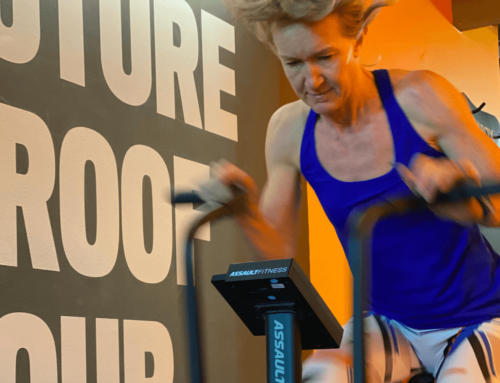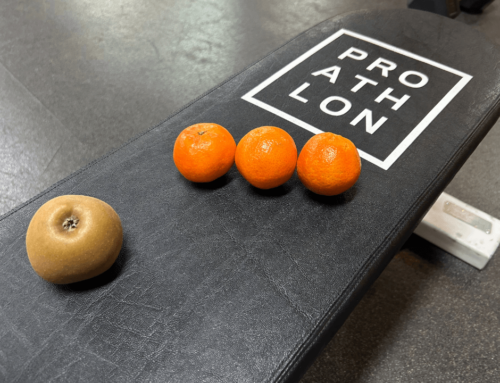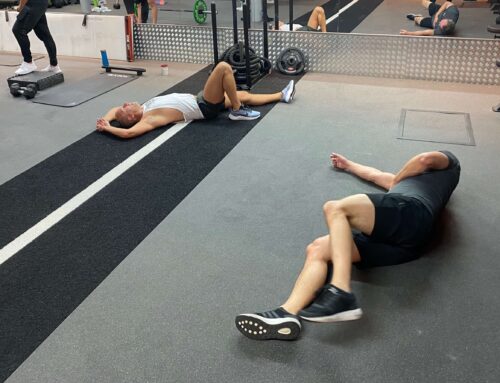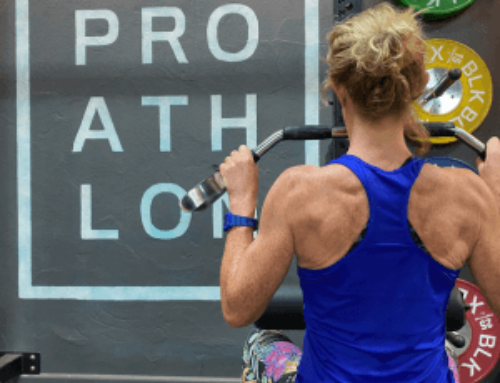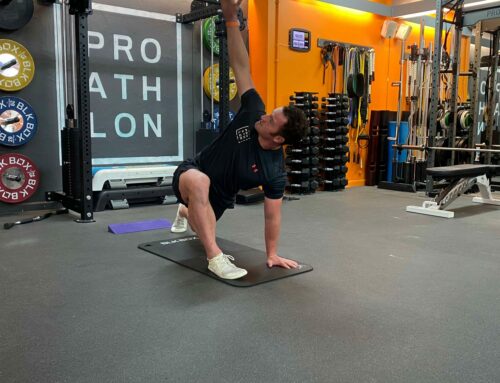HIGHER ENERGY LEVELS, REDUCED BLOOD PRESSURE & IMPROVED BODY COMPOSITION CAN ALL BE OBTAINED IF YOU CREATE THE FOLLOWING THREE HABITS…
Don’t worry, I am not going to bore you and talk about calorie counting, nor am I going to promote a magical supplement.
All I am going to be talking about is basic habits around hydration, meal patterning and snacking. Which, in my opinion should be the foundation to how and when you fuel yourself. What I am about to tell you isn’t rocket science, however in my 20+ years as a personal trainer I’ve only met a small handful of clients that already exercise these habits daily.
People often overcomplicate health, diet and training and it REALLY doesn’t need to be. So before I expand on the three points, I want you to keep this quote at the front of your mind.
“SIMPLE THINGS, DONE WELL, DAILY”
So here we go…
- STAY HYDRATED
If approximately 60% of the human body is water, it makes good sense to replenish and stay hydrated. Yet studies suggest that more than 65% of the UK adult population are chronically dehydrated. Why are we so bad at drinking enough water? Dehydration is such a simple fix, a simple habit. A simple thing, done well, daily.
Understanding what dehydration does to your heart might put drinking water higher up on your agenda.
- Increases blood pressure:
When you’re dehydrated, sodium levels in your blood typically rise. Your system responds by releasing more of a hormone called vasopressin, which works to help your body hang on to water. Vasopressin also can cause your blood vessels to tighten, or constrict, which makes your blood pressure rise
- Increases heart rate:
If you are dehydrated, the amount of blood circulating through your body decreases. Your heart will try to compensate by beating faster, increasing your heart rate. This places strain on your heart as it needs to work harder than normal.
To calculate your water requirement divide your bodyweight in kg by 30. This is the amount of water in litres you need.
My recommendations:
Upon waking drink 500ml of water
Buy a large water bottle (1.5-2L depending on your water requirements) to keep at work. Each day fill it up and make sure you’ve finished it by the time you leave/finish work.
Try to sip throughout the day rather than taking on large amounts.
2. REGULAR MEAL PATTERN
Do you skip meals? Do you eat at random times? Do you eat a tiny breakfast and then consume most of your calories in the evening?
Irregular meal patterns (skipping meals and eating at randoms times each day) and an uneven distribution of calories throughout the day (back loading the day with a high amount of calories) is very common.
The opposite. A regular meal pattern including breakfast consumption, consuming a slightly higher proportion of energy early in the day, reduced meal frequency (i.e 3 meals/day), and regular fasting periods provide physiological benefits such as reduced inflammation, improved circadian rhythmicity, increased autophagy and stress resistance, and modulation of the gut microbiota.
Basically, your body does better when it feeds at similar times each day.
Your body does better when it gets an even amount of energy distributed throughout the day
Your body needs periods of time when it is not working hard to digest food.
My recommendations:
Set yourself 3 feeding windows in the day and aim to eat only during these times. For example:
Breakfast; 7-9am
Lunch; 12-2pm
Diner; 6-8pm
Design 2-4 meal options for each feeding window that have approximately the same calorie content. The goal here is to regulate energy intake and timing throughout the day.
Each meal to have a minimum of 30g of protein
3. STOP SNACKING
“Snacking is for kids, athletes and fat people”
If improved body composition is your goal then stop snacking. It will help manage caloric intake which is the main driver for fat loss.
If your hunger hormones are out of control and the urge to snack is too great, then assess your main meals and ask yourself the following:
- Are you getting enough protein in each meal? Protein intake helps improve satiety. The minimum amount per meal should be 30g
- Are you eating enough veggies (particularly green veg). Boosting food volume that is high in nutrients but low in calories will help improve satiety.
If you can eliminate snacking then your body will have a longer period of time between meals not having to digest food. This will allow your microbiota to thrive.
3 habits; stay hydrated, create a regular eating pattern and stop snacking.
Simple things, done well, daily.
Need help with training or nutrition? Book in for a consultation by completing the form below
Book a free consultation
Leave your details and we’ll get in touch to arrange a consultation to discuss your goals.


